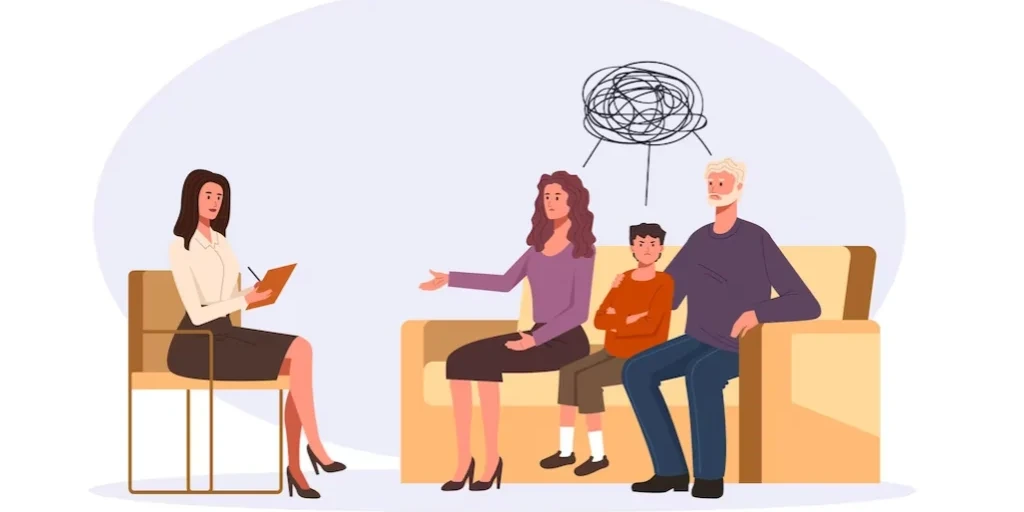24/7 Helpline:
(866) 899-221924/7 Helpline:
(866) 899-2219
Learn more about PTSD Rehab centers in Jim Hogg County

Other Insurance Options

BlueCross

Optum

Evernorth

Providence

Self-pay options

Choice Care Network

State Farm

Sliding scale payment assistance

Highmark

Oxford

Covered California

American Behavioral

WellPoint

Coventry Health Care

Aetna

Kaiser Permanente

United Health Care

Regence

UnitedHealth Group

Absolute Total Care


















Border Region Mental Health
Border Region Mental Health is a private rehab located in Hebbronville, Texas. Border Region Mental ...